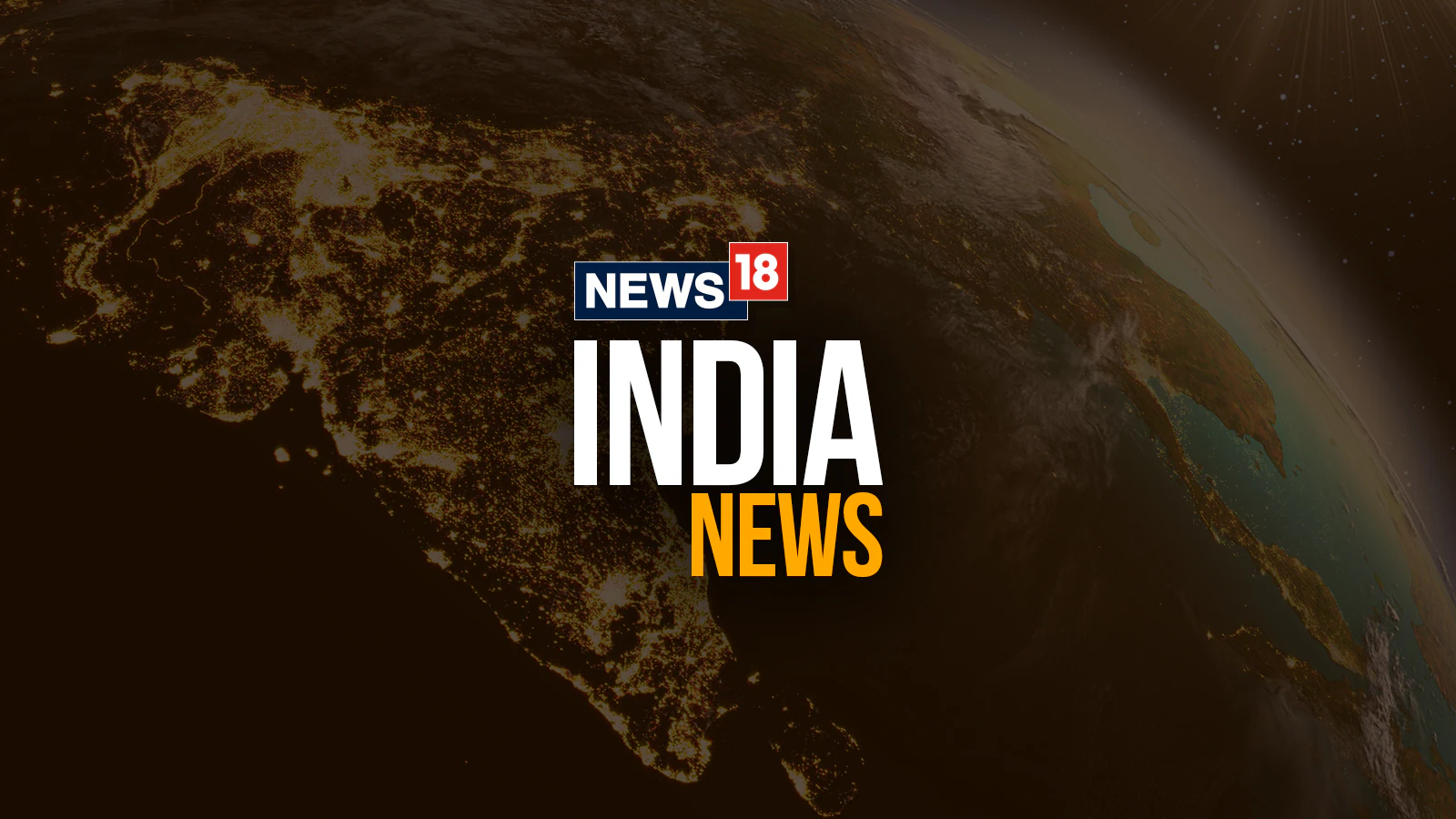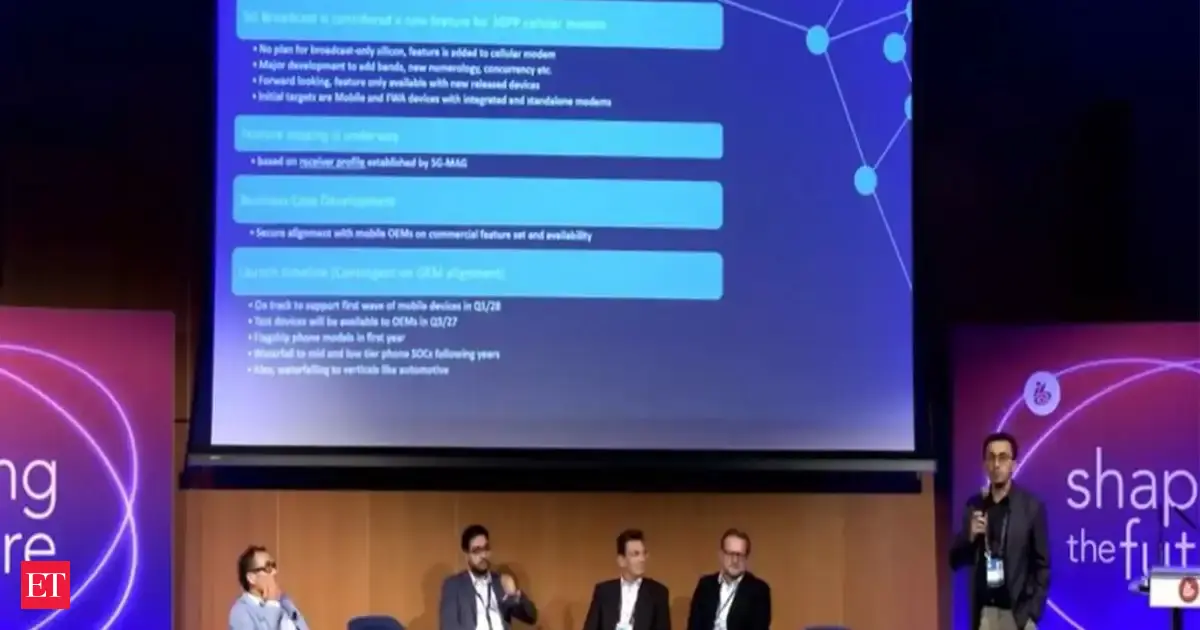By Navhind Times
Copyright navhindtimes

A renewed focus on Swadeshi can be India’s response to Trump
US President Donald Trump has dropped yet another bombshell by hiking H-1B visa fees by at least 65 times. The $100,000 (over Rs 80 lakh) entry fee slapped on holders of these visas is expected to impact both technology workers from India as well as students.
The clarification stating that there will be no impact on current visa holders or their renewals came as a big relief. However, the steep visa fee will apply to non-cap visa applicants after September 21. There are heightened concerns about future hiring in the US.
Over 70% of those benefitting from the H-1B visas are said to be Indians. Panic is one response; airline fares have also skyrocketed. Companies like Google, Microsoft, Amazon and JP Morgan have told their H-1B staff to return as quickly as possible and avoid travel out of the US. These developments come soon after heavy US tariffs on Indian exports. Critics have even termed it “mindless nativism”.
This steep fee hike could severely impact Indian tech professionals and their families, disrupting lives and careers. If US companies are deterred from sponsoring Indian workers, this could hit global operations of Indian IT firms. New Delhi is considering facilitating the absorption of these skilled workers into Global Capability Centres (GCCs) within India. Since Donald Trump’s second coming to power, his equation with India has left much to be desired, with deportations, tariffs and sanctions making news.
In addition, there is the issue of the new visa initiative known as the Trump Gold Card, which offers expedited US residency to individuals who make a financial contribution of $1 million. Corporations can sponsor an individual for a $2 million contribution. Then, a $250 Visa Integrity Fee has also been implemented for most non-immigrant visa applicants, including tourists. From October 1, this fee makes the total cost of a US visitor visa $442, the highest cost globally.
For a region that has so many out-migrants settled across the world, such issues are particularly important in Goa. Citizens here have a number of other unsorted issues themselves — the Portuguese citizenship and dual identity issue; matters related to surrendering Indian passports or passport revocation; OCI card eligibility and documents; and a large number of passport surrenders.
The H-1B programme has been criticised for potentially subsidising businesses, creating conditions likened to modern indentured servitude, institutionalising discrimination against older workers and suppressing tech wages. But, as H-1B visa holders are among the top earners in the US, this perception has also been questioned. Economists and academics remain divided on the programme’s overall effect, including on innovation, US workers and the broader economy.
Questions remain about how fields — ranging from US healthcare to the American university business sector — would be affected.
However, there may be a silver lining in the H-1B development. Experts have been analysing the impact on India. Some say all is not lost. This is also because our tech sector has colossal talent. They say the government of India has to seriously think of reducing dependency on the US. Taking forward the concept of Atmanirbhar Bharat, the government must consult top tech giants to come up with new tech products and more. It can act to catalyse deep tech by creating a fund for it. There has to be a shift in the research and innovation space. In the new plan, the government needs to support entrepreneurs and bring procurement reforms. It’s a challenge, but India can do it. A renewed focus on Swadeshi can be India’s response to Trump.



